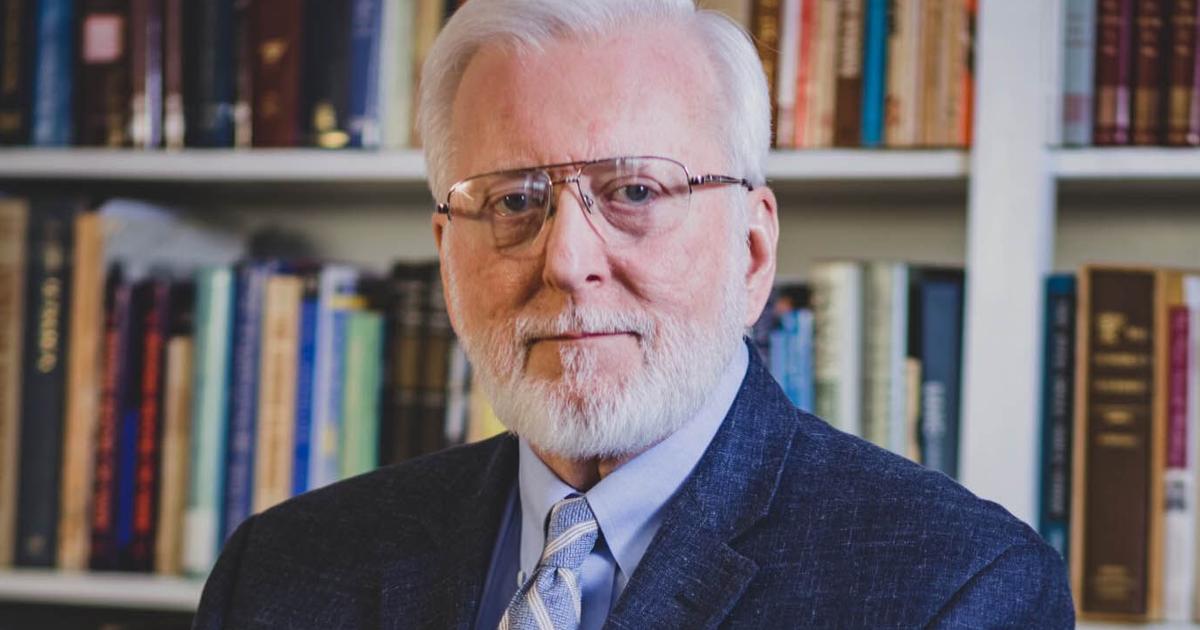
Fair is fair. If Democrats want to be taken seriously when they condemn Donald Trump for his abuse of executive power, they need to be honest and condemn Joe Biden for his.
Consider Biden’s order to forgive $400 billion of student debt. Unfortunately, most of the public debate about this has to do with the concept of forgiving student debt, not the means that Biden used. People have engaged in a heated debate about whether student debt should or should not be forgiven. But very little attention has been given to how Biden is putting this program into place. And this is where it gets really interesting.
You may not have heard this before, but Biden used emergency powers to forgive the debt. And while I support the president having the authority to use emergency powers that have been given to him by Congress, this was a stretch. As The Washington Post recently reported, Biden’s student debt forgiveness plan was carried out under the 2003 Higher Education Relief Opportunities for Students Act, which allows the president to “waive or modify” student debt during a war or natural emergency. Well, we’re not at war. What is the national emergency that justifies forgiving student debt? Apparently it is the coronavirus pandemic. For this, President Biden relied on former President Trump’s declaration of a coronavirus emergency in March 2020.
It is important to understand how tenuous this connection really is. Biden is saying that a 2003 emergency power can be used in 2022 because of Trump’s declaration of a health emergency in 2020. When do emergencies expire?
Remember that Biden announced the student loan forgiveness program in August, but he declared only one month later that the pandemic was over (even though he walked this back shortly after that). Obviously, Biden himself no longer considered the country to be in the midst of a COVID emergency when he announced the forgiveness program. His use of emergency powers under these circumstances was disingenuous, to say the least.
And while it is true that around 500 people are still dying every day in America from COVID, and even though COVID remains (and will probably always) a significant health issue for us, it is clear that we are no longer in the middle of a national emergency. We all know this. So how can Biden claim emergency powers to forgive student loans?
The answer is that he can’t. Or at least, he shouldn’t be allowed to. We can’t have presidents of any political party just scroll through the list of emergencies that are still on the books and pick and choose those that allow them to implement pet projects. And we can’t have presidents who take advantage of powers delegated to them by Congress to declare national emergencies when they don’t really exist.
Congress is in many ways to blame for this. It has delegated too much of its authority to the executive branch over the past 50 years, and sometimes it has just allowed its power to slip away. Take, for example, Congress’ Article I power to declare war. Congress hasn’t declared a war since World War II, when Franklin Roosevelt had to go before Congress after Pearl Harbor and request that declaration.
Since then, the president has been allowed to conduct what most of us would consider wars without anything more than ambiguous, loose congressional declarations. The Korean War, Vietnam War and Gulf War were not actually declared wars. Should presidents be allowed to take such broad, significant action without an actual declaration of war? Of course not. Congress needs to step up to the plate and do its job.
We don’t want our republic to drift slowly toward authoritarianism, with the tacit consent of our elected representatives. And if we, as citizens, fail to call the president to account when he abuses his power, then we will also be complicit.
The Supreme Court is going to rule on the constitutionality of the student loan forgiveness program. Democrats and Republicans should both hope that the court comes out strongly against what is a clear overreach of executive power.
This is in no way a criticism of the program itself. I believe there are good arguments both for and against loan forgiveness, and the country needs a robust debate on the merits of this program. That is a separate matter.
But the means a president uses are sometimes even more important than the end pursued. And we cannot allow the end to justify the means.
Solomon D. Stevens was a professor of constitutional law, American government and political theory before retiring to North Charleston. He is a regular contributor to The Post and Courier Opinion section.
